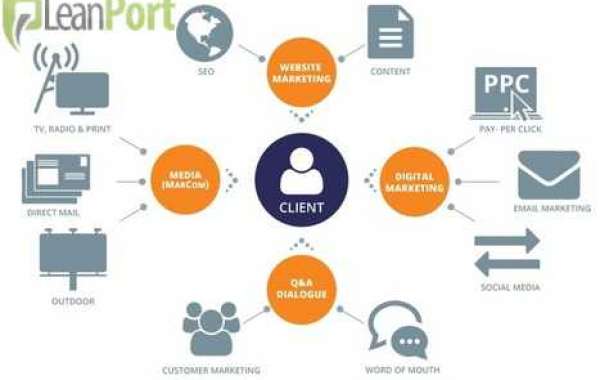Where connections are global and opportunities are boundless, corporate travel emerges not just as a logistical necessity but as a strategic instrument for success. Beyond the mere act of moving from one place to another, corporate travel serves as a dynamic force that fosters growth, strengthens relationships, and contributes significantly to the triumph of modern enterprises.
The Strategic Role of Corporate Travel:
- Building Relationships and Facilitating Collaboration: At its core, corporate travel is a catalyst for building and nurturing relationships. While digital communication has its merits, nothing replaces the impact of a face-to-face meeting. Whether engaging with clients, partners, or stakeholders, the personal touch of in-person interactions creates a foundation for trust and collaboration.
- Professional Development and Knowledge Exchange: Corporate travel is an investment in professional development. Sending employees to conferences, seminars, and industry events provides exposure to the latest trends, facilitates networking with industry peers, and encourages the exchange of knowledge. This continuous learning contributes not only to individual growth but also enhances the collective expertise of the organization.
- Strengthening Team Dynamics: In an era dominated by virtual collaboration, the significance of in-person meetings for team building cannot be overstated. Corporate travel provides a unique opportunity for team members to connect on a personal level, fostering camaraderie, trust, and a shared sense of purpose. These interpersonal bonds lay the groundwork for enhanced teamwork and increased productivity.
Key Components for an Effective Corporate Travel Program:
- Clear Travel Policies: A successful corporate travel program begins with clear and comprehensive travel policies. These guidelines, covering aspects such as booking procedures, reimbursement processes, safety protocols, and adherence to company regulations, create a structured framework for a smooth and compliant travel experience.
- Harnessing Technology for Efficiency: In the digital age, technology is a linchpin for effective corporate travel. Utilizing travel management tools, expense tracking systems, and data analytics not only streamlines processes but also provides valuable insights for optimizing costs and ensuring compliance with travel policies.
- Strategic Cost Management: Cost management is a critical aspect of corporate travel programs. Negotiating favorable rates with airlines and hotels, implementing cost-conscious travel policies, and leveraging travel rewards programs contribute to efficient budget utilization.
Contact Our Customer Care Team: https://multijobz.com/contact-us/
- Ensuring Duty of Care: Employee safety during travel is a paramount concern. Establishing a robust duty of care program involves providing travel insurance, real-time communication channels, and contingency plans for emergencies to ensure the well-being of travelers.
- Sustainability Initiatives: Corporate social responsibility extends to corporate travel. Organizations are increasingly incorporating sustainability initiatives into their travel programs, including promoting virtual meetings, encouraging eco-friendly transportation options, and offsetting carbon emissions.
- Enhancing the Traveler Experience: A positive traveler experience is integral to the success of a corporate travel program. Streamlined booking processes, comfortable accommodations, and responsive support services contribute to employee satisfaction and foster a positive perception of corporate travel.
Challenges in Corporate Travel Management:
- Ensuring Compliance: One of the ongoing challenges in corporate travel management is ensuring compliance with travel policies. Regular communication, employee training, and the integration of technology are essential for overcoming this challenge.
- Effective Cost Management: Unexpected expenses can pose challenges to effective cost management. Vigilant monitoring, strategic vendor negotiations, and the use of data analytics contribute to prudent financial planning.
- Ensuring Traveler Safety: Global events and health crises emphasize the critical importance of traveler safety. Robust risk management strategies, real-time communication channels, and proactive planning are essential for addressing safety concerns.
The Future Landscape of Corporate Travel:
The future of corporate travel is marked by ongoing transformation. While virtual collaboration tools continue to advance, the value of face-to-face interactions remains unparalleled. A future hybrid model that blends the advantages of in-person meetings with virtual efficiency is likely to emerge. Enhanced safety protocols, continued technology integration, and an increased focus on sustainability will shape the trajectory of corporate travel.
Sailing Towards Business Triumph:
Corporate travel, when viewed holistically, emerges as a strategic vessel guiding organizations toward success in the global business arena. It goes beyond the mere logistics, becoming a dynamic force that propels growth, facilitates collaboration, and ensures the well-being of the workforce. As businesses adapt to an ever-changing landscape, those adept at leveraging the strategic potential of corporate travel will find themselves well-positioned for triumph in the global marketplace.
Contact Us:
- Phone: +91 8105348110
- Mail: multijobz@outlook.com








